Mass ownership of electric cars could occur much earlier than previously thought, according to a report by UBS.
An in-depth study by the bank suggests the cost of owning an electric car will draw level with that of a traditional combustion engine vehicle as early as next year in Europe, leading to earlier than expected adoption of battery vehicles by the public.
It predicted an “inflection point for demand” for battery-driven cars after dismantling a Chevrolet Bolt, the first mass-market long range electric vehicle, to examine its parts and determine its true production costs.
It estimated the Bolt cost $28,700 to manufacture, significantly less than expected, and reported its electric motor contains just three moving parts compared with 113 in the engine of a Volkswagen Golf. It estimated that would result in maintenance costs of $255 for the Bolt, compared with $610 in a Golf.
It forecast that the total cost of ownership, which includes fuel and other running costs, will draw level with traditionally powered vehicles next year in Europe, and in 2023 in China and 2025 in the US.
“People focus on the sticker price, but they underestimate the difference in the cost of running the vehicle,” said Patrick Hummel, UBS automotive analyst who led the research. “There is likely more demand than we thought previously,” the research said. As a result, UBS has raised its expectations for global electric vehicle sales by 50%, predicting that 14% of all cars sold globally in 2025 will be battery driven, and electric vehicles will account for one in three cars sold in Europe.


















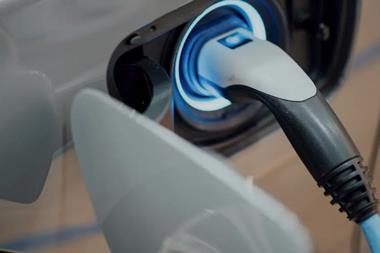
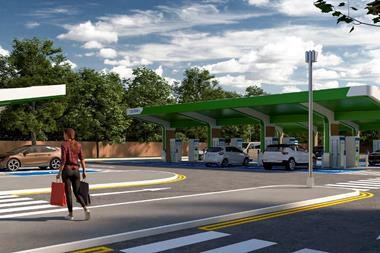

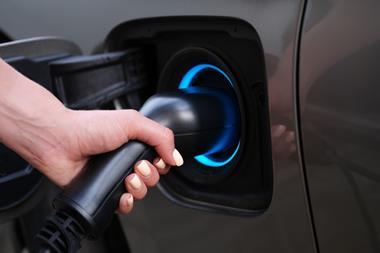
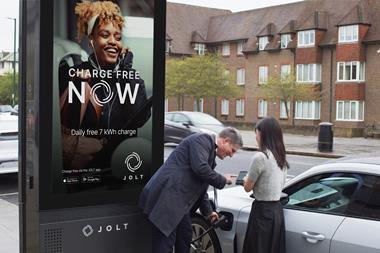
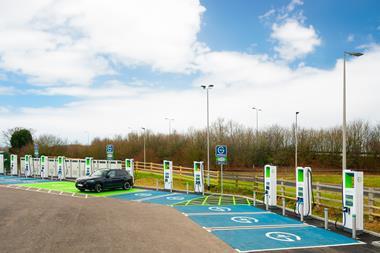






No comments yet